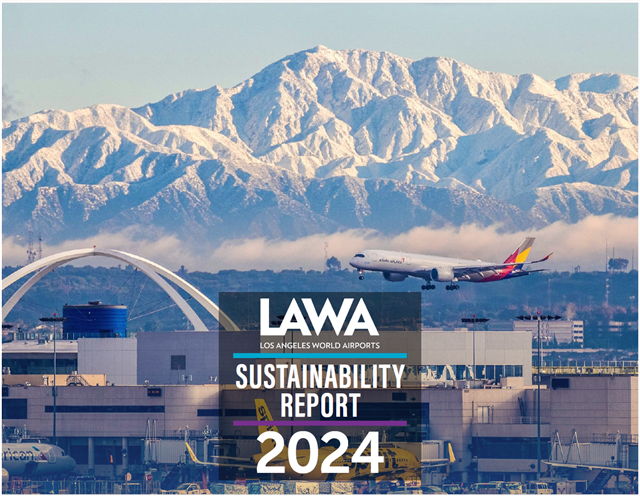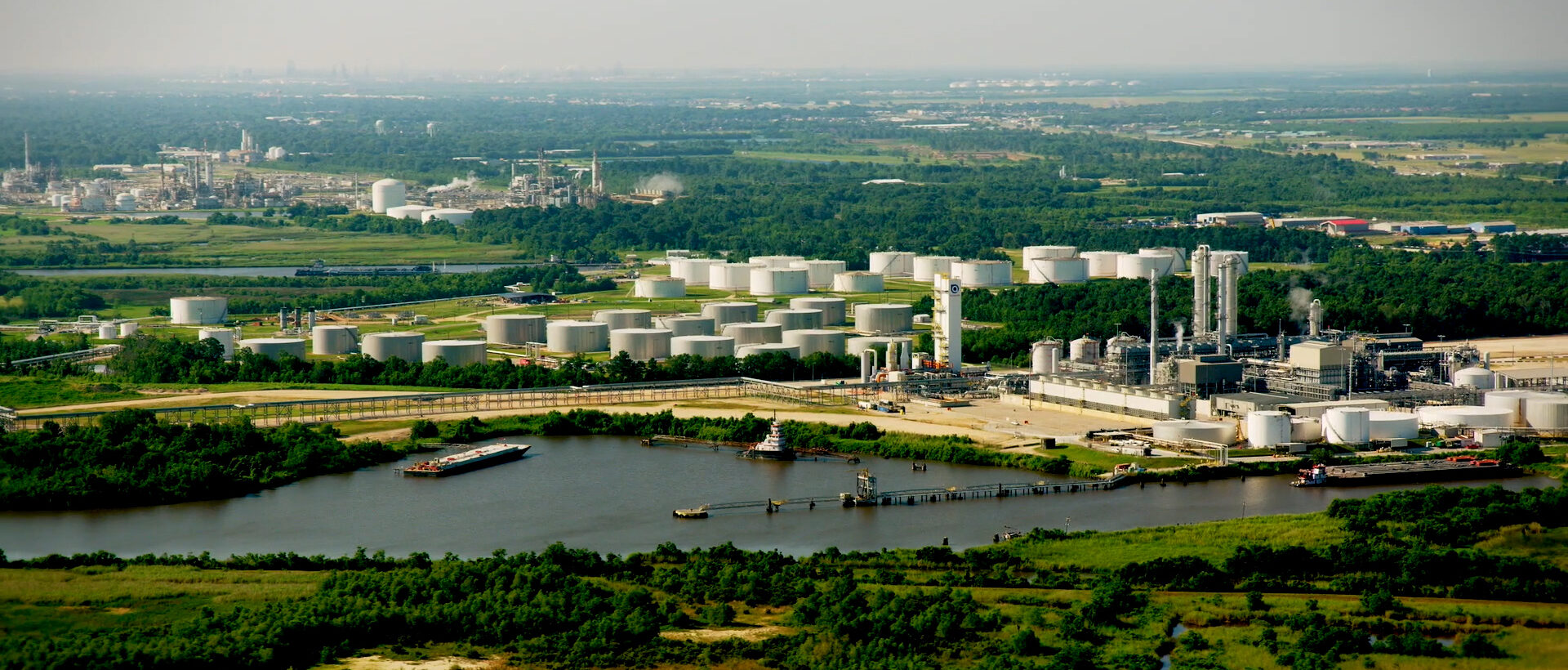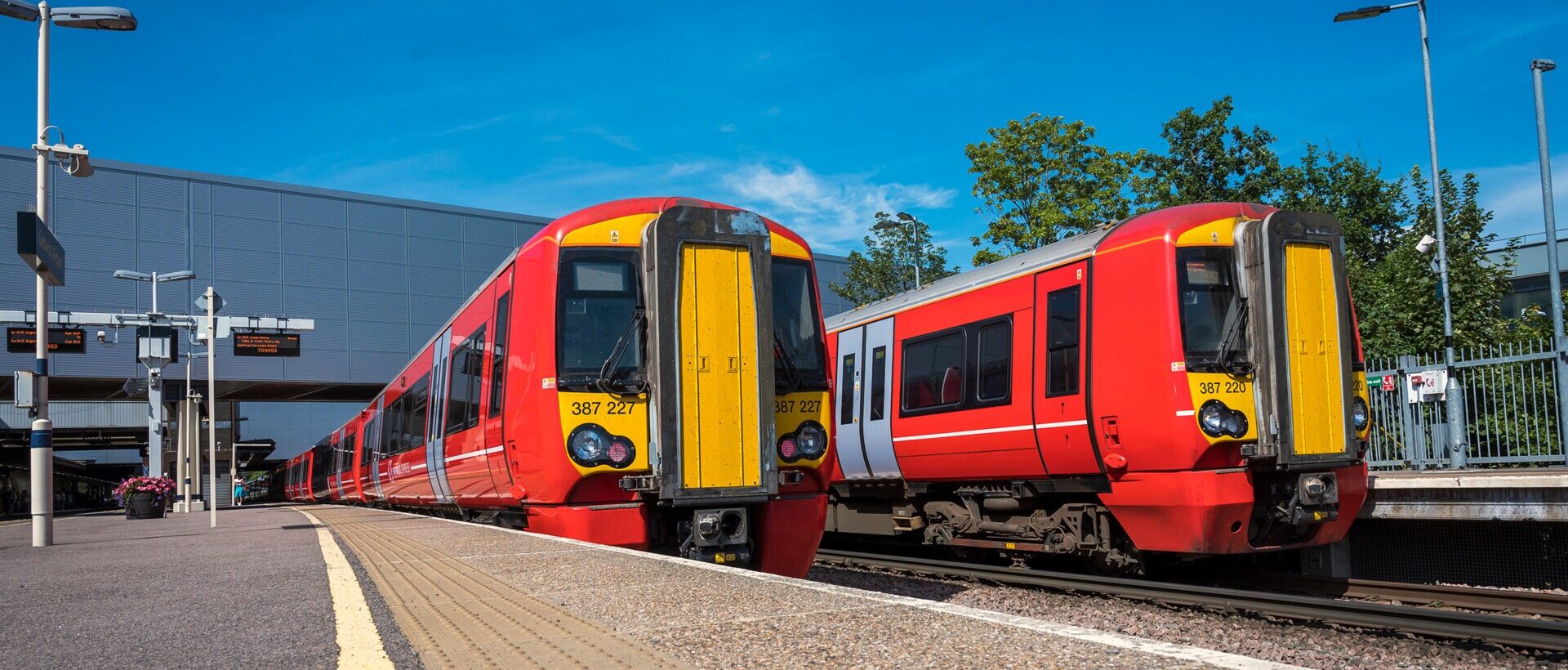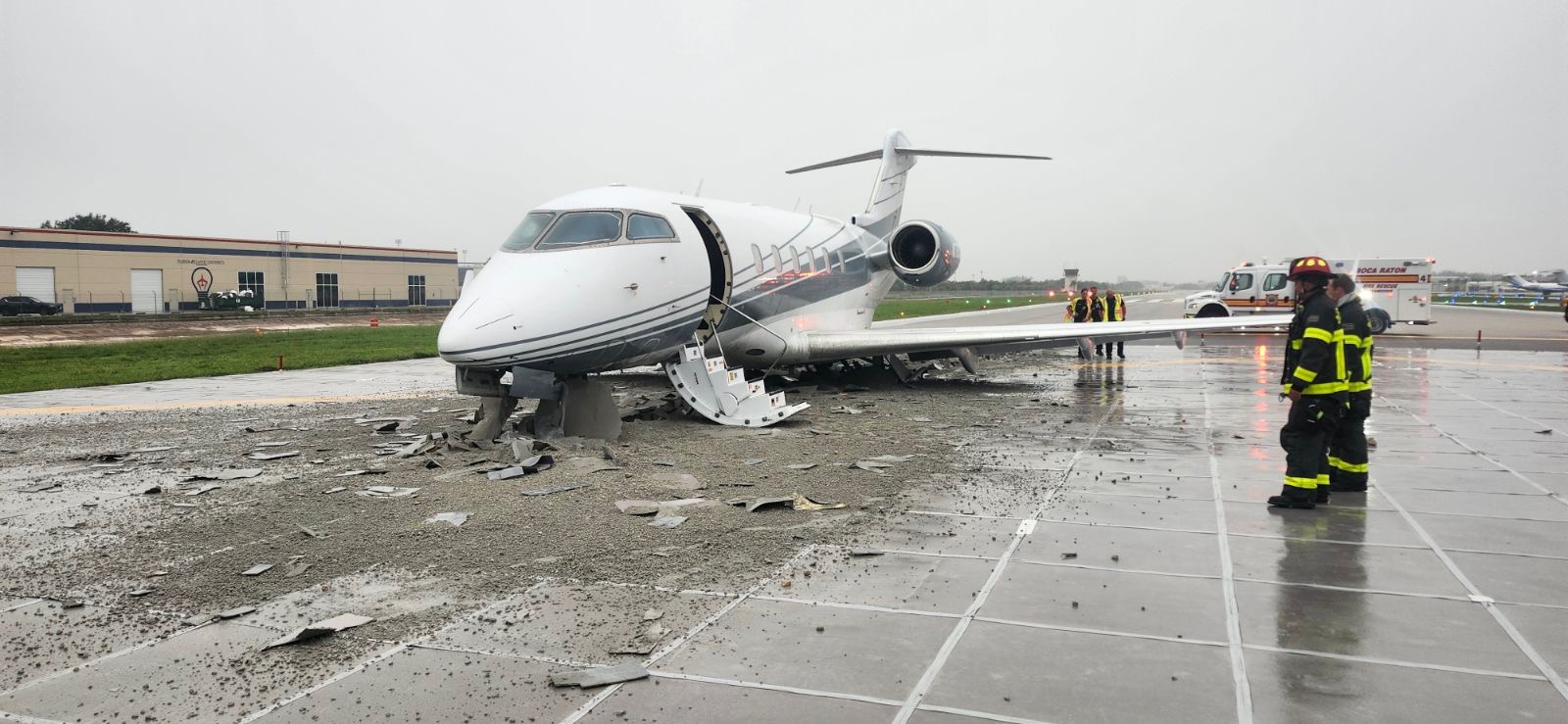Los Angeles World Airports (LAWA) has released its Annual Sustainability Report for 2024, outlining progress on environmental initiatives at Los Angeles International Airport (LAX) and Van Nuys Airport (VNY).
The report reviews efforts across energy use, water management and air quality, as well as updates on ecological restoration and community engagement.

The sustainability programme, adopted in 2019 under the framework “Boldly Moving to Zero,” sets targets that include eliminating the use of non-renewable energy, achieving zero carbon emissions from LAWA-owned infrastructure, and phasing out the use of potable water for non-potable purposes.
Crystal Lee, Deputy Executive Director of Sustainability, Energy, Environmental and Development Services at LAWA, said:LAX and Van Nuys Airport are recognised leaders in aviation sustainability due to deliberate decisions aimed at constructing airports that serve their respective communities effectively and remain resilient for future generations. We work with our project delivery teams, aviation industry partners, and local community to achieve our sustainability and environmental goals and initiatives in alignment with Mayor Karen Bass's vision for a greener Los Angeles. This report demonstrates our ongoing progress and commitment to visibility as we address key environmental challenges.
The 2024 report records a number of developments, including:
- Electrification of 67 percent of LAWA’s sedan fleet across LAX and VNY
- Early achievement of the 2031 target for reducing ground support equipment emissions at LAX
- A 48 percent increase in organic waste diversion from airport concessions and lounges compared with 2023
- Removal of more than 146,000 pounds of non-native plants from the LAX Dunes habitat
- LEED Platinum certification for the Automated People Mover’s Maintenance and Storage Facility at LAX
- A 34 percent reduction in potable water use at VNY compared with 2017
In addition to operational performance, the report covers sustainable construction methods, the use of green bonds, and efforts to restore local ecosystems.
The full report is available on LAWA’s website at www.lawa.org/lawa-sustainability.












